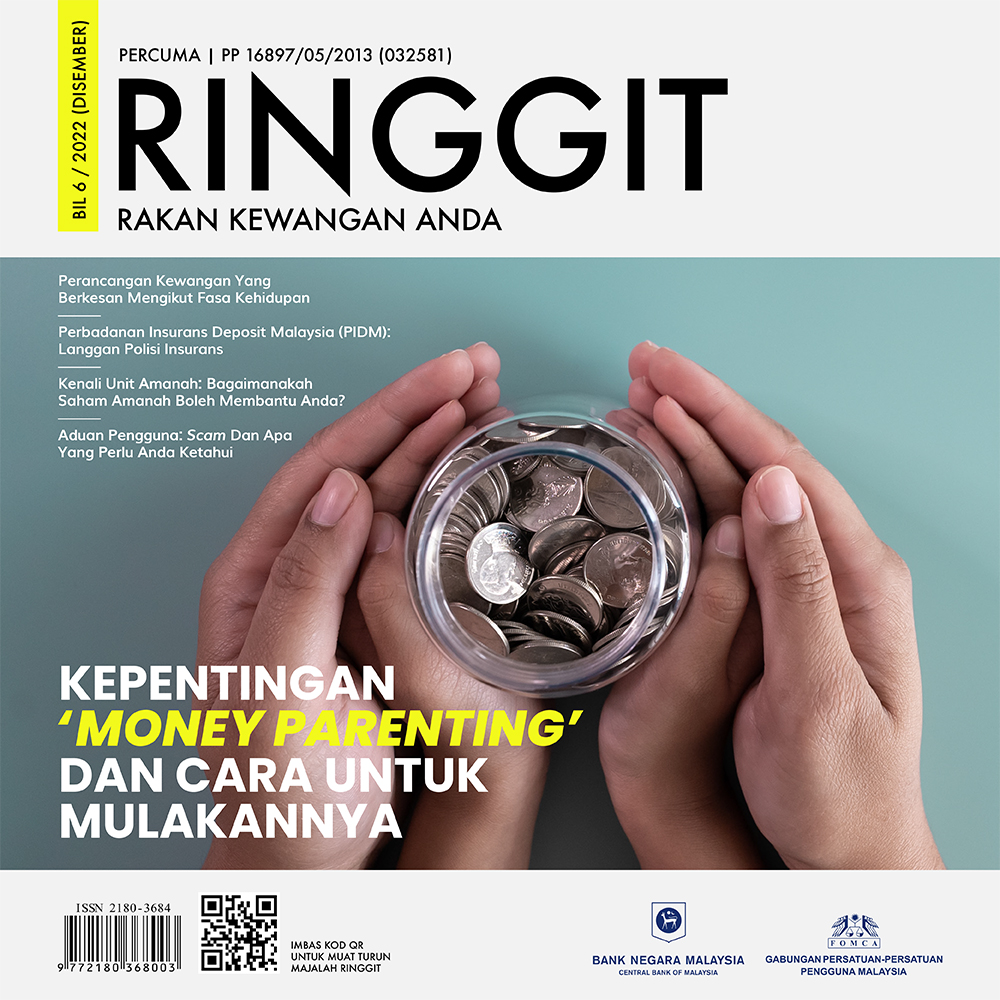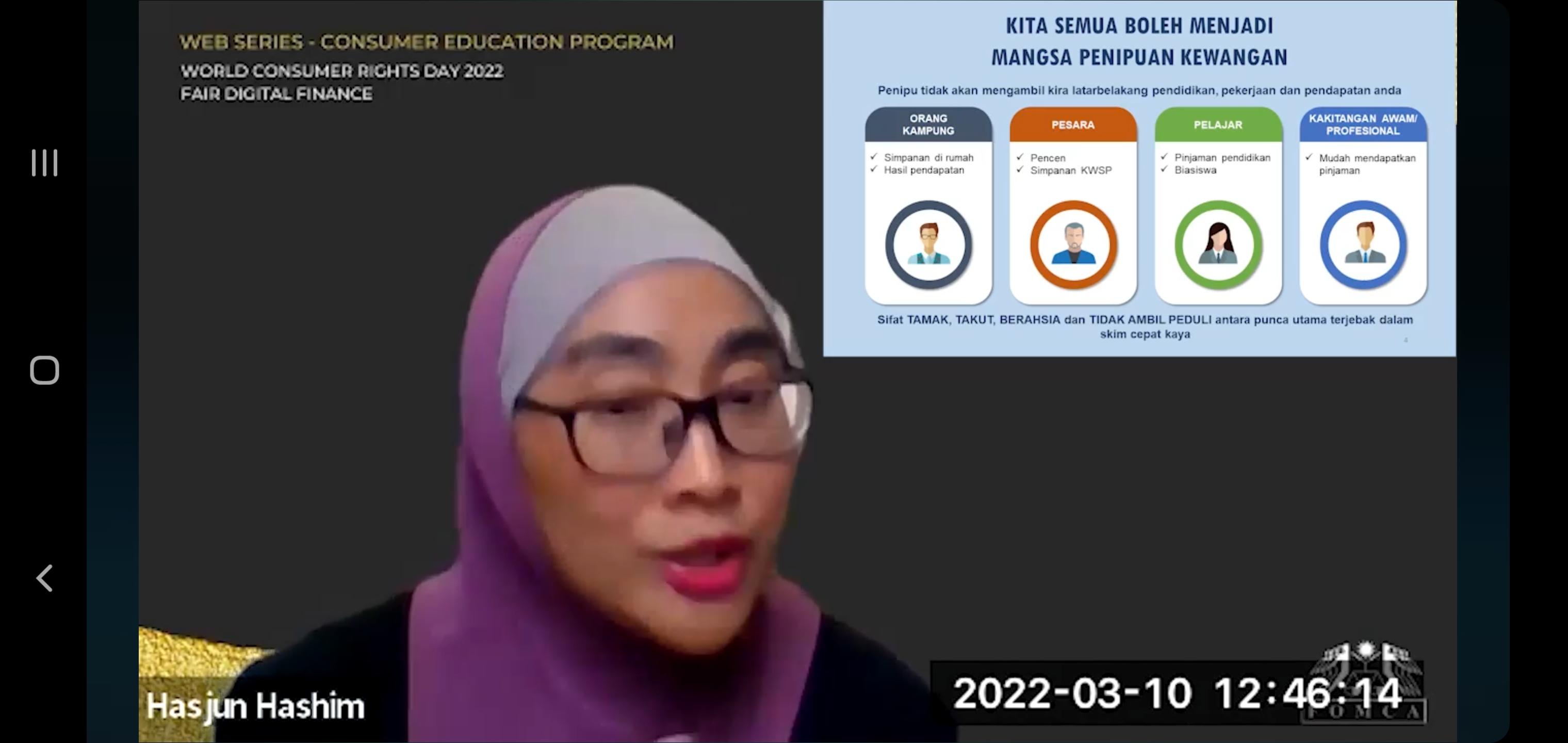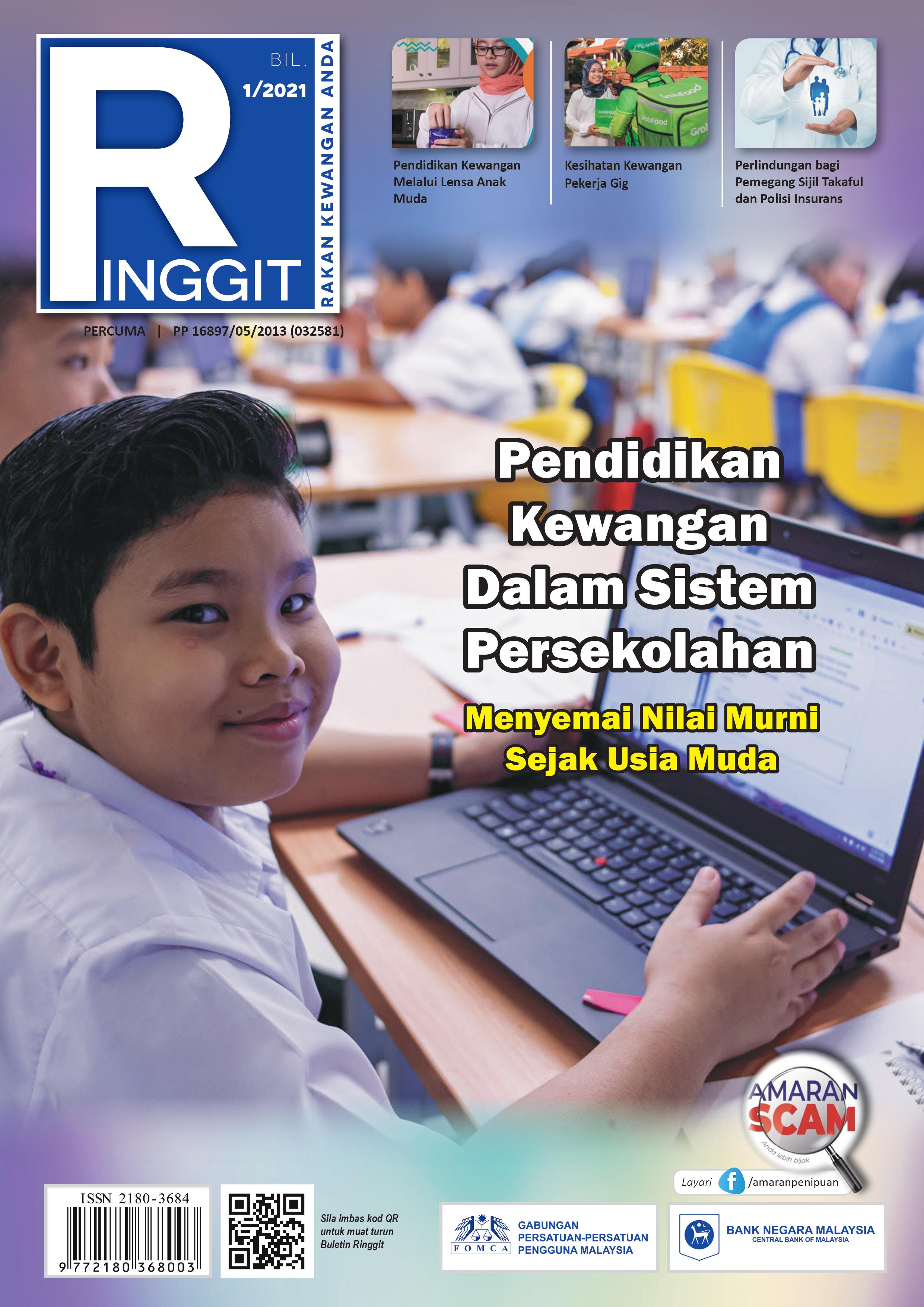PETALING JAYA: While the government must take measures to reduce the cost of living, more must be done to raise financial literacy among the young, says the Federation of Malaysian Consumer Association (Fomca).Its CEO Datuk Dr Paul Selvaraj said while the high cost of living and bad money-managing habits both contributed to financial woes, greater effort was needed to help young Malaysians manage their finances better.“Fomca has since 2011 been advocating for stronger policy and initiatives towards empowering young workers and consumers through financial education.“Based on our own survey, we found that many, especially young workers, have very low savings, high credit and not managing their finances responsibly.“Although the government launched the National Strategy for Financial Literacy (2019-2023) programme back in July, I think more needs to be done.
“Because if financial education is not carried out on a major scale reaching the young lower and middle income workers, it will only get worse,” he said when contacted yesterday.Selvaraj’s suggestion for the government to focus on financial literacy programmes matched the policy recommendations by the World Bank, which suggested raising awareness among citizens on their rights, duties and accountability in financial management.Selvaraj said the cost of living had been increasing steeply although the income growth of these workers had stagnated or increased very slightly, with families burdened by financial woes.“We hope the government will take measures to increase their income but at the same time, the cost of living is increasing across all areas. Unless the government does something to help them to manage through these tough times, things will get even tougher,” he said.Creating a repository of financial planning tools which are available online and in local languages is also among the World Bank’s recommendations to address poor financial well-being, higher indebtedness among lower-income households and low savings among Malaysians.
It also recommended laying out a time-bound roadmap on the implementation and regular monitoring and evaluation of measures in the National Strategy for Financial Literacy (2019-2023).The World Bank report noted that there were inadequate income among lower-income households and younger workers, with wage growth for younger and less-educated workers persistently trailing the earnings of older and better-educated workers.








